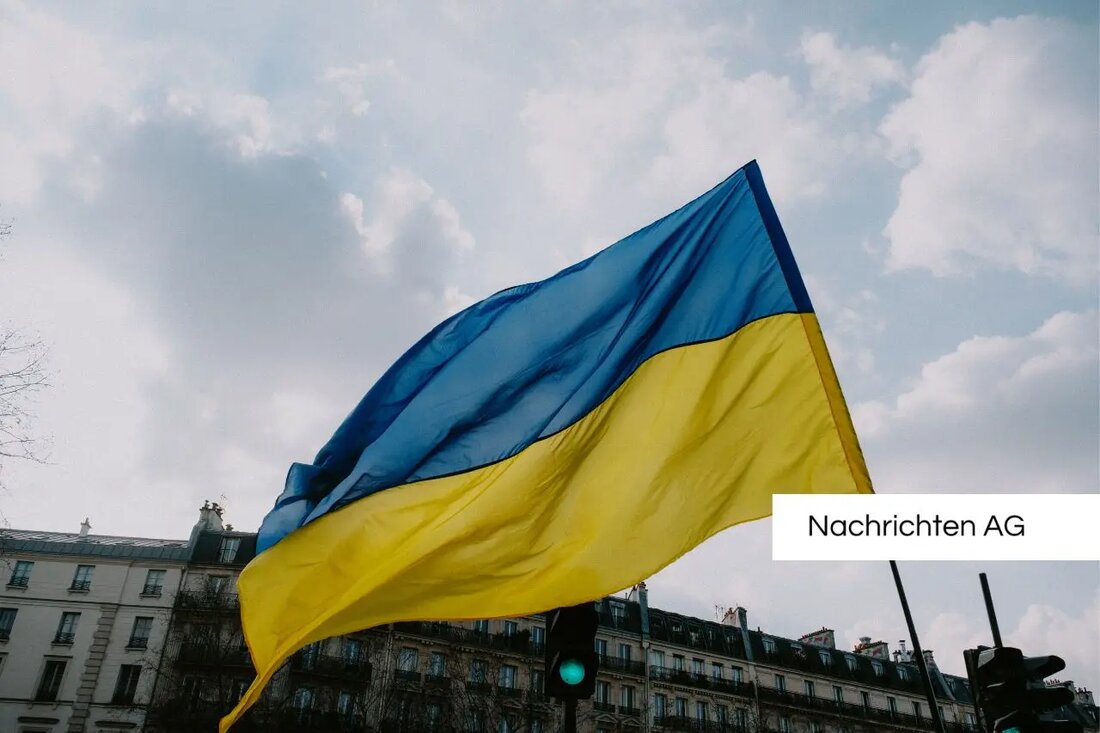Hative lock in Pirmasens: Mayor reacts to the refugee crisis!
Hative lock in Pirmasens: Mayor reacts to the refugee crisis!
In Pirmasens, a move for refugees will be issued from February 1, 2025. This measure was decided due to a particularly high influx that presents the city with challenges. Mayor Markus Zwick (CDU) was informed about the decision. State Secretary Janosch Littig said that the regulation was particularly necessary with regard to the integration of refugees.
The new provisions stipulate that asylum entitled and war refugees from Ukraine are only allowed to move to Pirmasens in exceptional cases, such as with existing workplace. The regulation also affects foreign nationals who already have recognized refugee status or subsidiary protection. This is a reaction to the increasing challenges with which the city is confronted.
processing time and political relevance
It is particularly noteworthy that the decision to block the move had a processing time of more than four months. The state government thus shows that it responds to the needs and requirements of the municipalities to ensure an orderly admission of refugees. The Pirmasens city administration had already made an application to the Ministry in September.
The influx lock is also in the greater context of municipal migration policy, which is becoming increasingly important in Germany. Cities and municipalities are striving for more influence on the admission of refugees, especially since the 2015 refugee crisis and the events in the Moria 2020 refugee camp. While municipalities are legally restricted in terms of granting residence permits, important tasks are given to them in accommodation and integration. <
legal framework and self -government
The legal basis for the interventions of the municipalities can be found in the Basic Law, which gives them the right to self -government. However, these laws may only be restricted in the higher -level community interest. Municipalities must also observe the guidelines of the Residence Act (Residence Act), which regulates entry into Germany for foreign nationals. Despite the limited scope of action in relation to residence permits, the municipalities are responsible for the practical implementation of the law, which offers them design scope for integration.
Overall, the new regulations in Pirmasens illustrate the efforts of the city to promote the integration of refugees and at the same time to take into account the reality of a high level of immigration. Pirmasens is part of a larger trend in Germany, where the integration of refugees is increasingly being controlled at the local level. It remains to be seen how these regulations will affect the life situation of the data subject.
| Details | |
|---|---|
| Quellen | |


Kommentare (0)